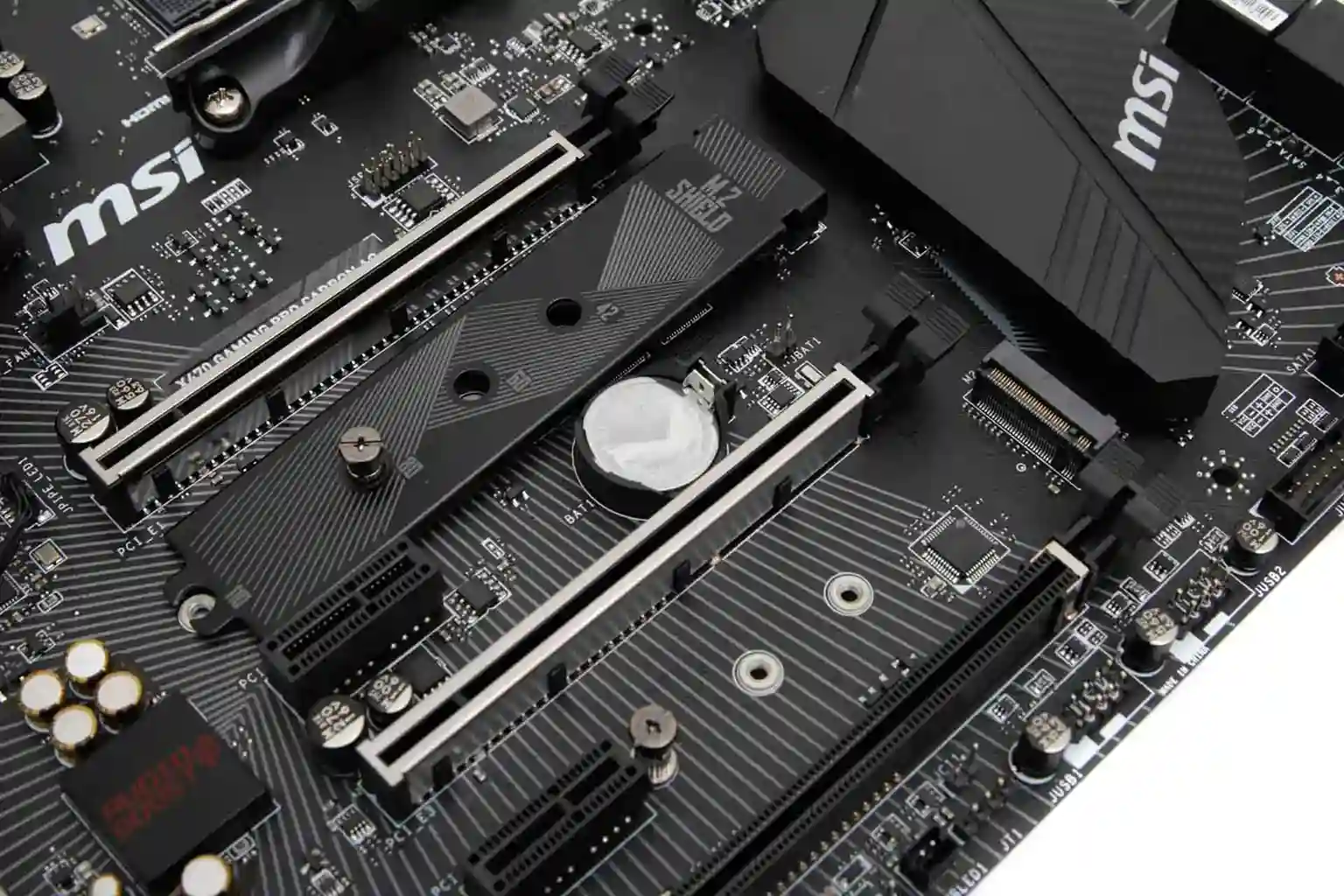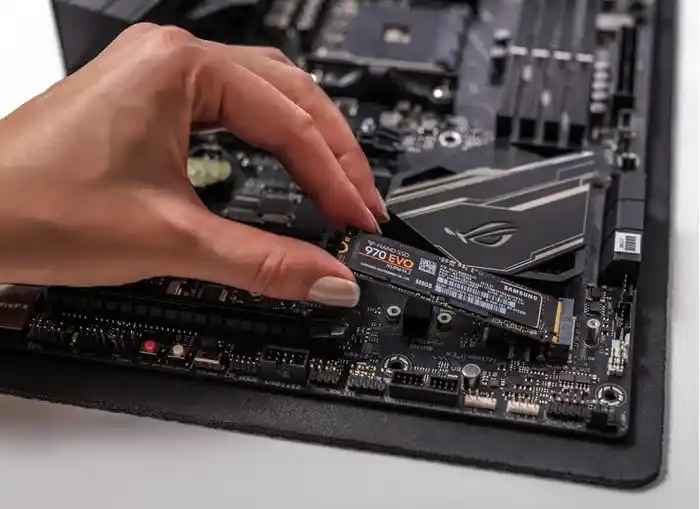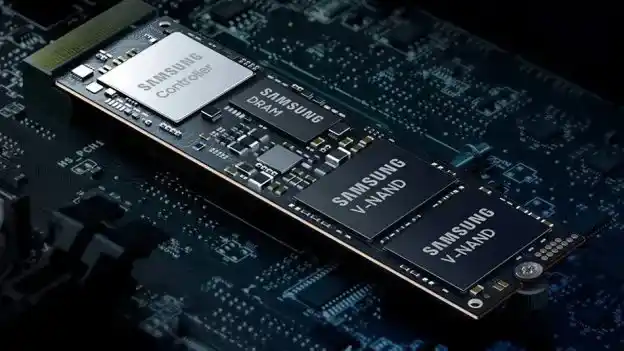Key Takeaways
| Topic | Summary |
|---|---|
| Maximum number of SSDs | Varies by motherboard, with typical limits depending on the number of M.2 and SATA ports. |
| Types of SSDs supported | Motherboards can support different types like SATA, M.2, and NVMe SSDs. |
| Performance considerations | Using multiple SSDs may affect performance, especially with older boards. |
General Overview: Motherboard SSD Limits
The number of SSDs you can connect to your motherboard mostly depends on its design and SSD slots. Most modern motherboards have slots for M.2 and SATA drives, but each board has a different maximum capacity.
| Motherboard Type | Max Number of SSDs |
|---|---|
| Entry-Level (Budget) | 2-3 SSDs |
| Mid-Range | 4-6 SSDs |
| High-End | Up to 8 SSDs |
Maximum number of SSDs on a motherboard
Most motherboards support anywhere from 2 to 6 SSDs. However, if you’re using PCIe adapters, you can push this even further. Look for high-end gaming motherboards with extra M.2 slots.
How many SSDs fit on modern motherboards?
If you’re buying a newer board, chances are, you’ll have at least 2 or 3 M.2 slots and around 4 SATA ports. That gives you plenty of room for expansion!

Types of SSDs and Motherboard Compatibility
Motherboards can handle different SSD types, depending on the available ports. M.2 and NVMe SSDs use specific slots, while SATA drives connect via older SATA ports.
- M.2 SSDs are faster, smaller, and more efficient than SATA drives.
- NVMe SSDs offer high-speed data transfer.
- SATA SSDs are common, but slower compared to M.2 and NVMe.
how many SSDs can a motherboard have (M.2 SSDs)?
Up to 3 or 4 M.2 SSDs can be seated on a motherboard, which all depends on the number of M.2 slots that you have in your system. They require a greater culture of osteology but also carry enough M.2 storage support to make them ideal for gamers and content creators alike
Do motherboards have a limit for SATA SSDs?
Most motherboards max out at around 4 SATA SSDs due to limited SATA ports. However, you can always get creative with PCIe adapters. and decide how many ssds can a motherboard have.
Compatibility and Expansion: Adding More SSDs
Adding extra SSDs to your motherboard depends on the type of SSDs you want to install and whether you have enough free slots, how many SSDs can a motherboard have? Some users add PCIe SSDs for extra speed.
| SSD Type | Installation Slot | Max per Motherboard |
|---|---|---|
| M.2 SSD | M.2 slot | Up to 4 |
| SATA SSD | SATA port | Up to 4 |
| NVMe SSD | PCIe slot | Up to 2-3 |
Can I add more SSDs to my motherboard?
It is possible to expand storages by adding more SSDs through the available PCIe or buying a motherboard that can handle extra M.2 slots. Make sure your PSU can take the additional load
How to check how many SSDs your motherboard can support
Refer to the manual of your MoBo, or simply read online what are sthe specs. The next page provides a layout of the M.2 and SATA ports remaining open to add SSDs.

Specialized Motherboards for SSD Storage
Some motherboards are designed to handle a lot of SSDs. High-end gaming or workstation motherboards can support up to 8 SSDs, making them a solid option for those who need a ton of storage space.
- Gaming motherboards often have extra M.2 slots.
- Workstation motherboards provide robust SATA and NVMe support.
What motherboards allow the most SSDs?
Motherboards built for gaming or workstations usually have the most SSD slots, sometimes as many as 8 or more.
How many SSDs can gaming motherboards handle?
Gaming motherboards are typically packed with extra M.2 and PCIe slots, allowing them to handle 4 to 6 SSDs with ease.
Practical Installation Considerations
If adding more than one SDD, make certain it fits onto your motherboard before you purchase and are aware of the proper way to install it. You will need to know that you can install your drives with the M.2 and SATA ports you have before buying new ones.
Signs your motherboard is overloaded with SSDs
If your motherboard starts misbehaving after adding a few too many SSDs, it might be an indicator that you are overwhelming it. Watch for:
- Slower boot times
- Drives not showing up in BIOS
- Overall system lag

Conclusion for How many SSDs can a motherboard have
Knowing how many SSDs can your motherboard support is important when upgrading the storage and performance of your system. If you’re going high-speed with those M.2 SSDs, or adding even more SATA drives, make sure to check the specs on your motherboard and make sure that you have plenty of power.
Those looking to maximize storage options should stick with a gaming or workstation motherboard upgrade. Or, in other words: So keep the requirements of your existing setup by adding SSDs again at a distance.
Call to Action
Ready to boost your storage? Begin by assessing your motherboard’s SSD capabilities and move on to top-tier boards if you require a larger space. That said, whether you are an avid gamer or live by a need for more file space, there is a motherboard out there that can satisfy all your needs.


